Strengthening Worker Rights and Well-Being in Agriculture
Through certification, landscape and community programs, tailored supply chain services, and advocacy, we are helping to protect and promote the rights of farmworkers around the world.
Home / Issues / Human rights / Page 6
The production of many commonly traded goods—coffee, chocolate, tea, bananas, palm oil, and timber—often involves human rights abuses. While progress has been made in recent years, thorny problems such as child labor, forced labor, poor working conditions, low wages, gender inequality, and the violation of Indigenous land rights are still embedded in many supply chains.
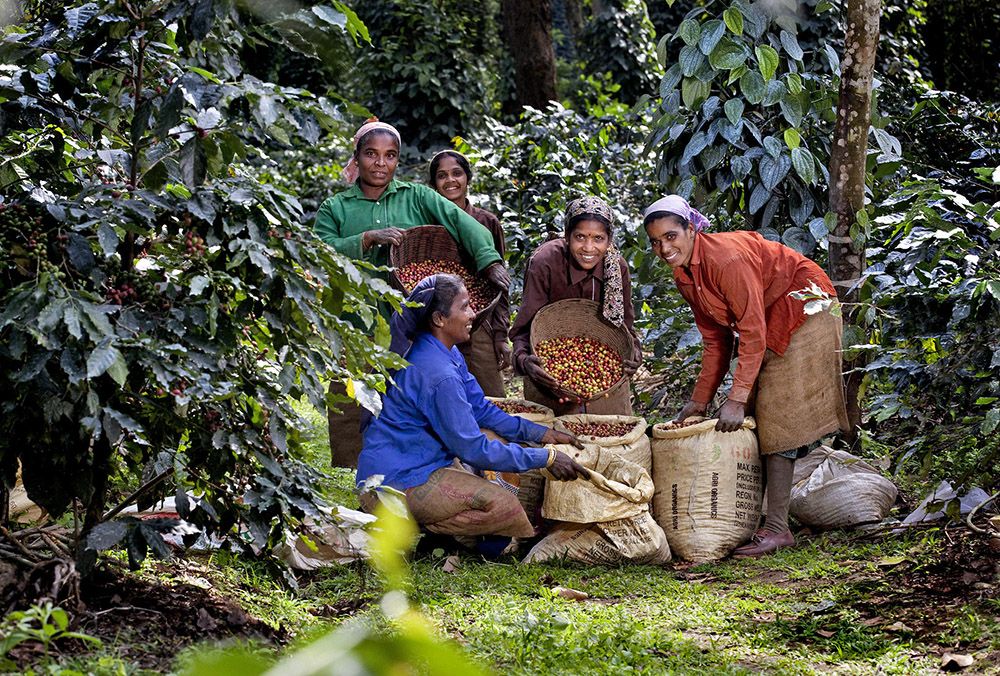
Advancing the rights of rural people goes hand-in-hand with improving planetary health. Project Drawdown cites gender equality, for instance, as one of the top climate solutions, and in our own work, we have seen that farmers and forest communities can better steward their land when their human rights are respected. Everyone deserves to live and work with dignity, agency, and self-determination—and promoting the rights of rural people is key to a sustainable future.
Improving lives and promoting rights of rural communities is a central part of our mission. Our field results, backed by independent studies, demonstrate, for instance, that workers on certified farms are more likely to enjoy better working conditions and important protections.
![]()
of workers on Rainforest Alliance Certified tea estates in Tamil Nadu, India, receive paid annual and sick leave*
In Tamil Nadu, India, a study of 300 farmworkers on seven Rainforest Alliance Certified tea estates and one noncertified estate found a significantly higher percentage of workers on certified estates had contracts and annual paid leave, sick leave, and maternity leave.
*Source: Lalitha N, Nelson V, Martin A, Posthumus H. 2013. Assessing the poverty impact of sustainability standards: Indian tea. Natural Resources Institute, University of Greenwich, London.
![]()
of Rainforest Alliance Certified banana farms studied in Colombia have a health and safety professional for their workers*
A study of 13 newly certified banana plantations in Colombia found health and safety professionals to be practicing on all the farms. These professionals identify risks, conduct trainings, and facilitate medical exams. 50 percent more managers on certified farms than non-certified also reported providing in-kind health benefits to permanent workers.
*Based on 2018 survey of newly certified farms in Colombia (Beekman, G. M. Dekkers, and T. Koster (2019). Towards a sustainable banana supply chain in Colombia; Rainforest Alliance certification and economic, social and environmental conditions on small-scale banana plantations in Magdalena, Colombia. Wageningen, Wageningen Economic Research, Report 2019-019: 1-49)
The Rainforest Alliance brings together producers, companies, governments, nonprofit organizations, and consumers to advance human rights in the landscapes where we work. We work both to transform business practices and government policy, as well as promote the rights of our partner communities within our certification system and sustainable development initiatives.
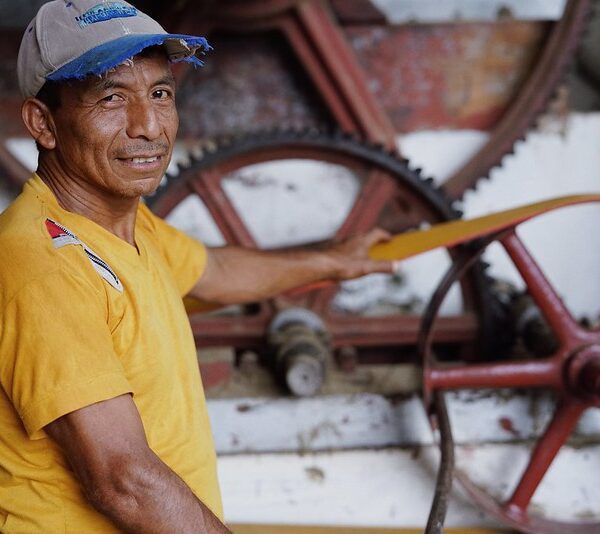
Through certification, landscape and community programs, tailored supply chain services, and advocacy, we are helping to protect and promote the rights of farmworkers around the world.
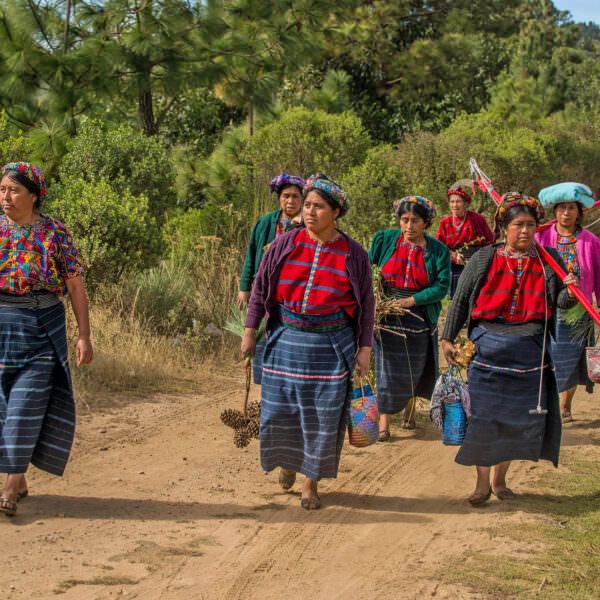
Addressing human rights abuses in agriculture and forestry is a key focus of our work to make responsible business the new normal.
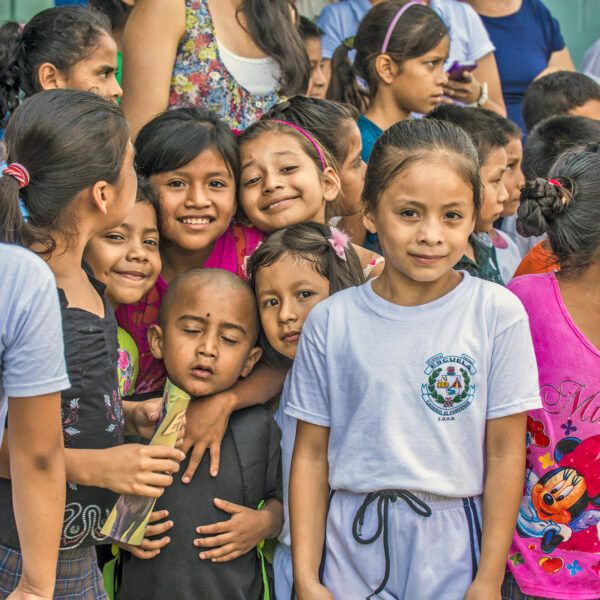
We can all play a crucial role to ensure that all children grow up in dignity. So, who’s with us?
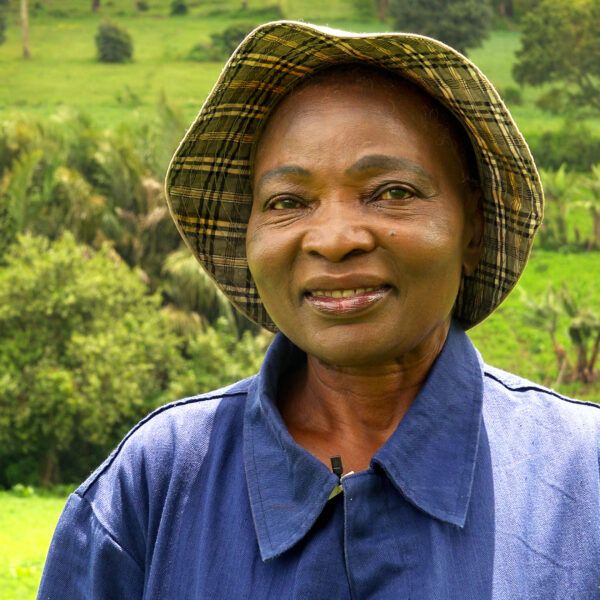
Meet 5 incredible women in sustainability who have successfully transformed their communities and the landscapes around them.

The Rainforest Alliance’s vision is a world in which people and nature thrive in harmony. Critical to achieving this is ensuring that agricultural farmers, workers, and communities are able to achieve a decent and sustainable livelihood for themselves and their families.

Indigenous and local communities manage almost a quarter of the world’s lands, which means they care for an astonishing 80 percent of Earth’s biodiversity.... Continue Reading

What if farming not only fed people, it also nourished the land? With regenerative agriculture practices, farming can do just that. Planting native trees and shrubs, for example, improves soil fertility; improving soil fertility makes crops more productive and resistant to pests; eventually, pesticides can be eliminated.... Continue Reading
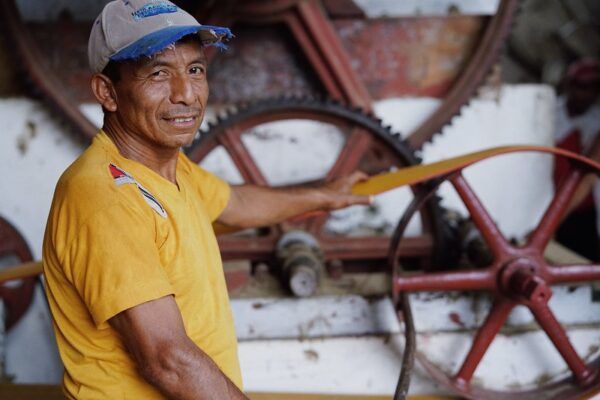
Through certification, landscape and community programs, tailored supply chain services, and advocacy, we are helping to protect and promote the rights of farmworkers around the world.... Continue Reading
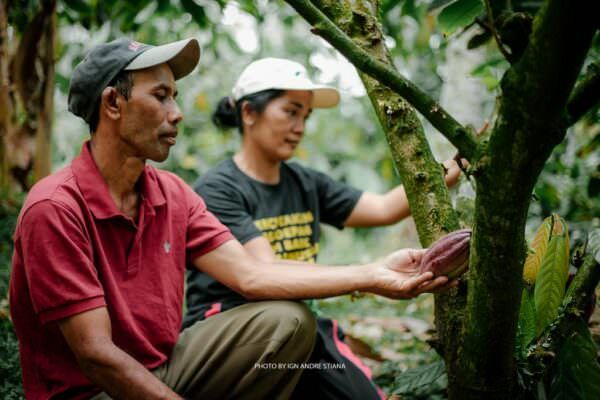
The Child Labor and Forced Labor Sector Risk Maps are part of our improved assurance system. Working with these maps, and our certification program, will give your company or farm the information needed to tackle human rights violations in your supply chain.... Continue Reading
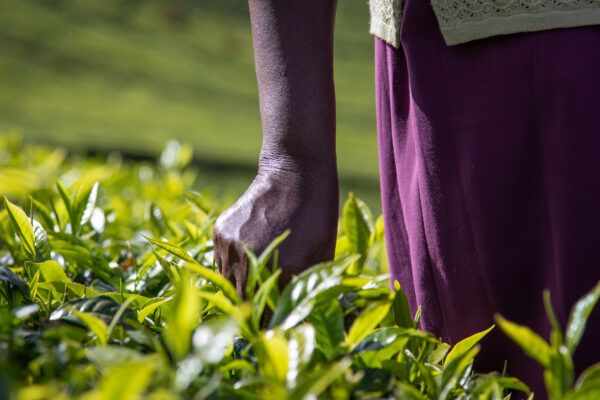
Elizabeth Kiende, gender expert for the Rainforest Alliance in Kenya, sheds light on the roots of sexual violence on tea farms.... Continue Reading